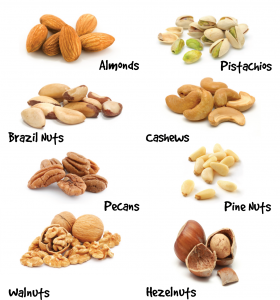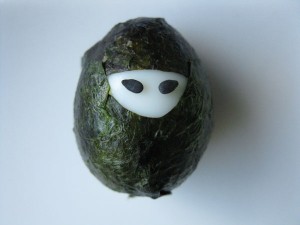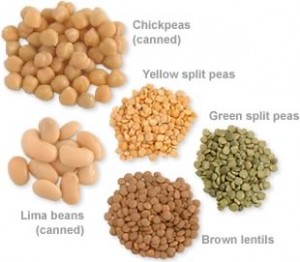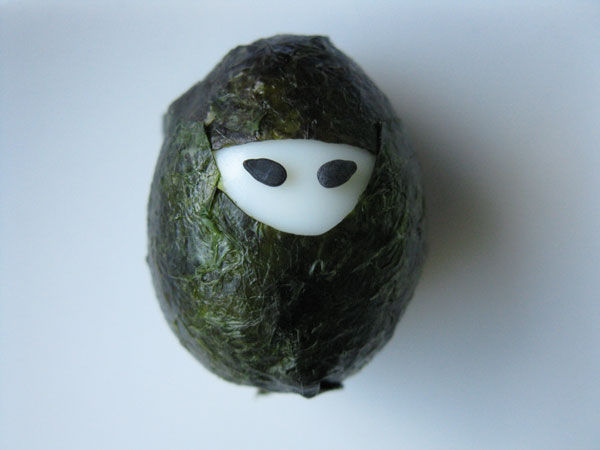Welcome back. This is part three of my three part series on how to improve your nutrition and fitness level by eating vegetables and protein with every meal. To recap:


In this part, I’ll show you how you can get the right types of protein with every meal, without having to resort to an all-meat diet. While these tips will work great for vegetarians, they won’t work so well for vegans as these tips do include animal-based proteins.
Let’s get started…
Nutrition Tip #1: Aww Nuts!
A lot of people are mislead to believe that nuts and seeds are a good substitute for protein and generally act as a tasty superfood that you can snack on in a pinch. While nuts and seeds are full of vitamins, minerals, antioxidants and, yes protein, they are also very high in fat and calories.

Now you might say: “But it’s healthy fat!” And you would be right. But the reality is that you can go nuts with…umm, nuts. Here are a three things to watch out for:
- Just because the fat in nuts is good for you, it doesn’t mean you can eat to your stomach’s content.
- While nuts contain some proteins, you should not rely on them as your primary source of protein.
- All nuts are not created equal. Many flavoured and processed nuts have sugar and salt added to make them tastier. For that matter, roasting nuts obliterates the healthy fats they contain.
When it comes to nuts, it’s all about whole foods and portion control. Focus on unsalted, unprocessed varieties and limit your servings to 10 at most. If you’re eating peanut butter, limit yourself to one level tablespoon.
Eggs
Eggs are a staple alternative protein for meat-eaters and vegetarians alike. When you’re deciding on how may eggs to eat, either four egg whites, or two whole large eggs will each net you between 15 and 20 grams of protein. Personally, I recommend the whole eggs because the phytochemicals in the egg yolks are simply too good to avoid. However too many whole eggs could lead to high level of LDL- the bad cholesterol. I would only eat them twice sometimes three times per week maxim.

Read more about eggs and phytochemicals here.
Not sure how to prepare your eggs? Mix two with half a tomato and a cup of spinach with some whole grain bread and a little butter.
Lentils and Beans
Lentils and beans are a great way to control your body weight while getting a good amount of protein and fibre. One cup of beans or lentils is normally the equivalent of a serving. A study in the Journal of the American College of Nutrition linked bean eating to smaller waistlines and 22% decreased risk of obesity.

But beans and lentils do more than just help with the waistlines. Lentils contain vitamin C, while beans and lentils are great sources of iron. They also fight breast cancer, while boosting healthy enzymes that improve the quality of your skin. If that’s not enough, beans and lentils also control hypertension (and high blood pressure) while helping to fight birth defects!
Prepare your lentils in a soup, they require no pre-soaking and heat them until they are soft to help with digestion.
There are a lot of resources available on the Internet for people who want to find out more about healthy proteins. That said, if you’re looking for a nutrition coach to help you achieve your fitness goals, feel free to contact me using my online contact form here.
